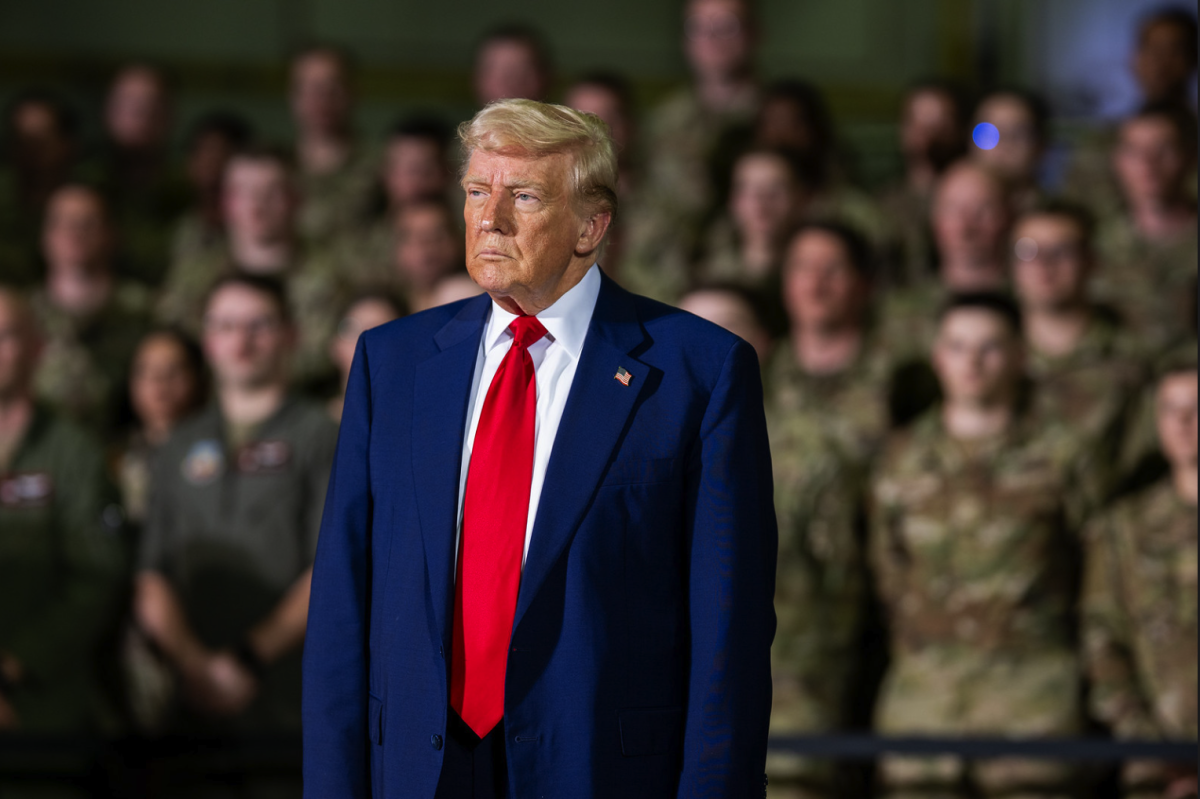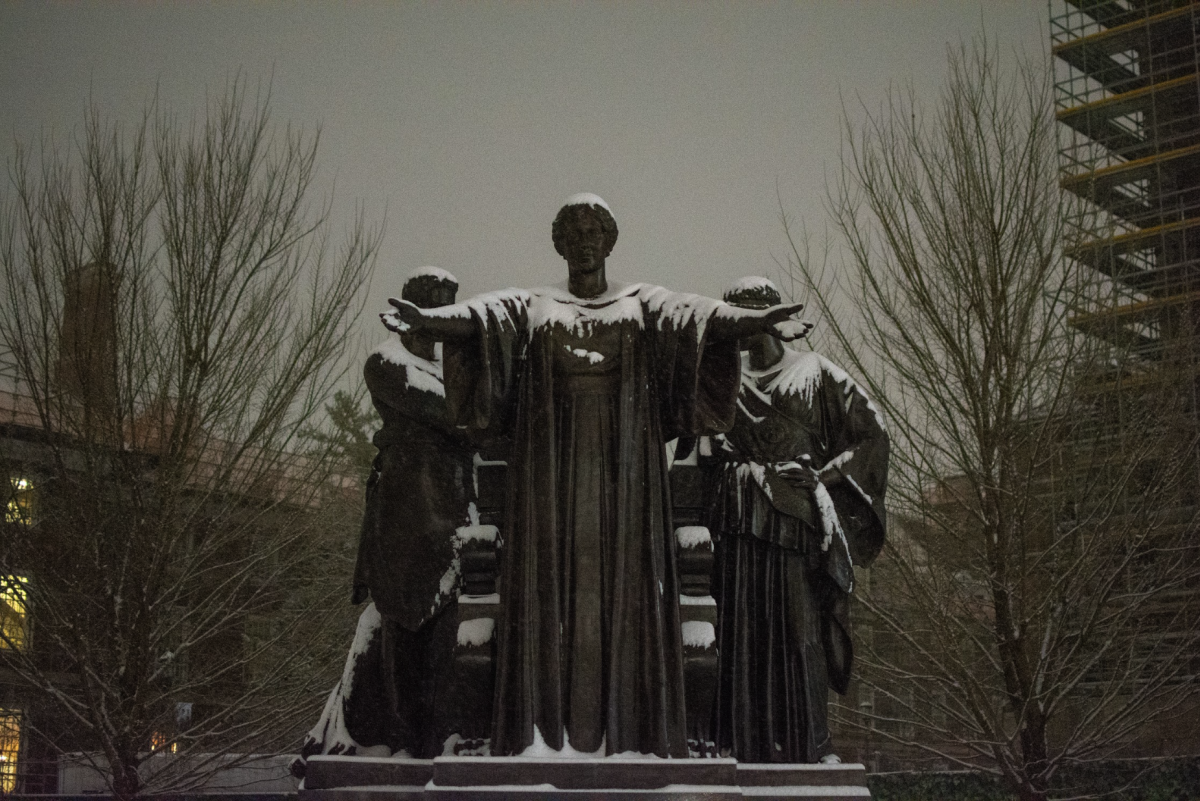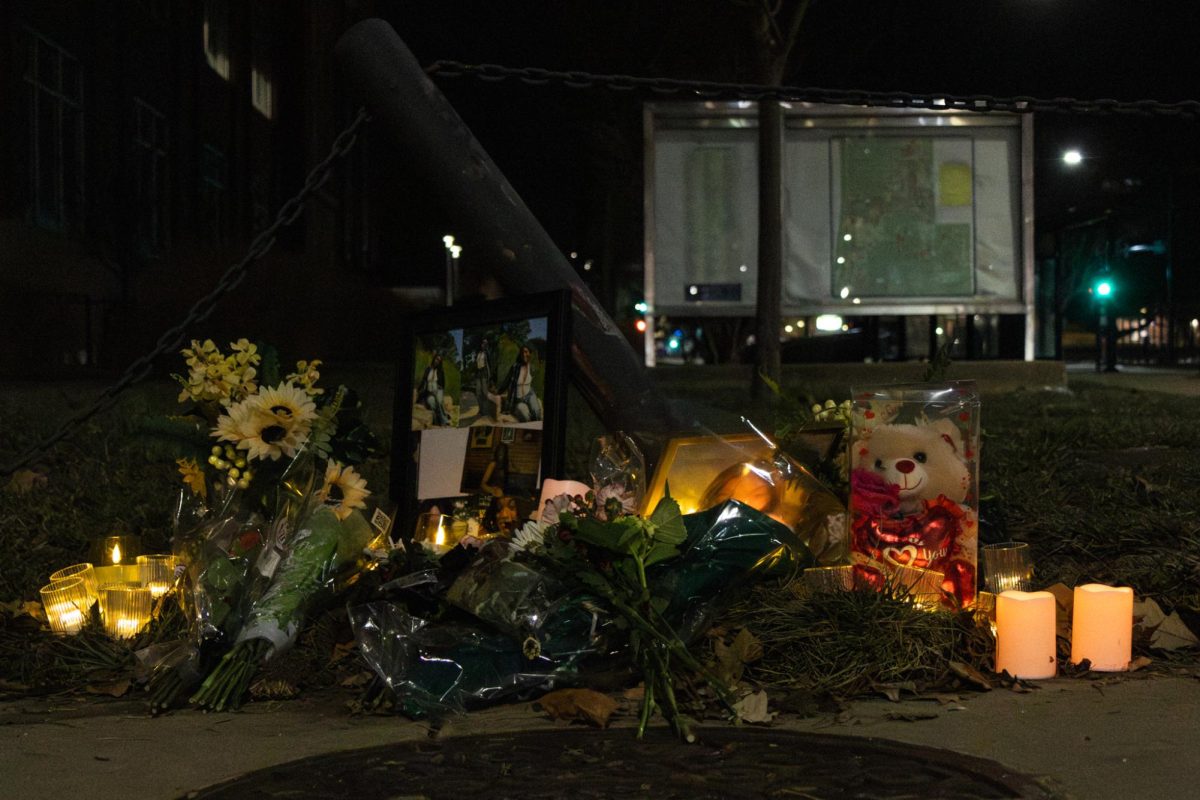President B. Joseph White and Presidents Emeritus James J. Stukel and Stanley O. Ikenberry gave public testimonies Monday before the Admissions Review Commission.
The Commission, assembled by Governor Pat Quinn to investigate the admissions controversy, asked each President about his relationship with the Board of Trustees and the specific documents that suggested their own involvement in the controversy.
President Stukel said the Board of Trustees has shifted from being a “buffer” against outside influence to being subject to political alliances gradually, transforming to what he called a “legislative model” in which the Trustees were appointed by the governor instead of being elected. He pointed to former Governor George Ryan’s administration as a marked departure from past practices of “shared governance,” and said former Governor Rod Blagojevich continued with this philosophy.
President Ikenberry echoed those sentiments, saying things changed abruptly under Ryan and accelerated under Blagojevich.
“Some felt obligated to the governor because of their appointment,” Stukel said. “In my view the legislative model was about power and had nothing to do with benefitting the University of Illinois.”
Get The Daily Illini in your inbox!
Legislation is currently underway to remove the current Board of Trustees from power.
“I believe the governor should call for the resignation for all the current members of the board,” Ikenberry said, adding that Edward L. McMillan, appointed under Quinn, should be exempt.
Student Trustee Matt Reschke agreed that action should begin with the board, but he did not believe the resignation of all the Trustees was necessary.
“I think the board would be much improved with the removal of a few people,” he said.
Reschke also advocated reforming the way in which board members are selected, voicing support for an electoral process involving the Alumni Association. His position reflected statements by Stukel and Ikenberry, who emphasized the importance of transparency and diversification of the Board of Trustees.
“I think (selection) ought to be an affirmative, studied decision,” Ikenberry said. “(An election) also nurtures more informed involvement.”
Although the presidents focused on reforming the Board of Trustees and the admissions process, the Commission also discussed specific, questionable cases from the administrations of each president.
These included the much-publicized exchange between Chancellor Richard Herman and former College of Law Dean Heidi Hurd. While Commissioner Maribeth Vander Weele said that one of the Trustees implicated President White as the “mastermind” behind the law school admissions discussed in the e-mails, White maintained that he was not aware of the exchange, or of Category I and the overturning of denials.
The Commission asked White what repercussions the Chancellor should face, to which White responded that he did not have a recommendation to make at this meeting.
“Leaders sometimes differ on judgment, I don’t agree with those judgments,” he said.
White also said that he felt the admissions process should exclude everyone above the dean level, and those “sideways” of the process— such as lawmakers— saying that the hierarchy was potentially detrimental.
“I wish the Chancellor had come to me, I wish Dean Hurd had come to me,” he said. “I think they saw a lot of hierarchy above them.”
The Commission also addressed cases in which White was directly involved, including a message sent Jan. 6. Commissioner Theodore Chung read the e-mail, in which White emphasized the candidate’s academic record, ACT and extracurriculars.
White admitted to the Commission that he was related to the candidate and that the candidate had been admitted to the University. When Vander Weele asked if White considered this a breach of the State Ethics Code, he responded that he would never knowingly violate the code. “I spent my whole career recruiting top candidates to my institution,” White said. “I thought to myself, ‘He’s a great catch.'”
Another e-mail implied that White had admitted a College of Law candidate who was of interest to State Representative Don Manzullo, stating that White wanted to “ensure no surprises for Don.” The e-mail also mentioned Manzullo’s ideas regarding a medical building in Rockford.
White said that the two topics were not directly related, and that he wished to discuss the incident in question at a later date. He said that he would be dedicated to a reform of the admissions process in the wake of the controversy.
“I feel terrible that the University of Illinois has been tarnished by what has happened here,” White said. “Job one is to restore public confidence.”





